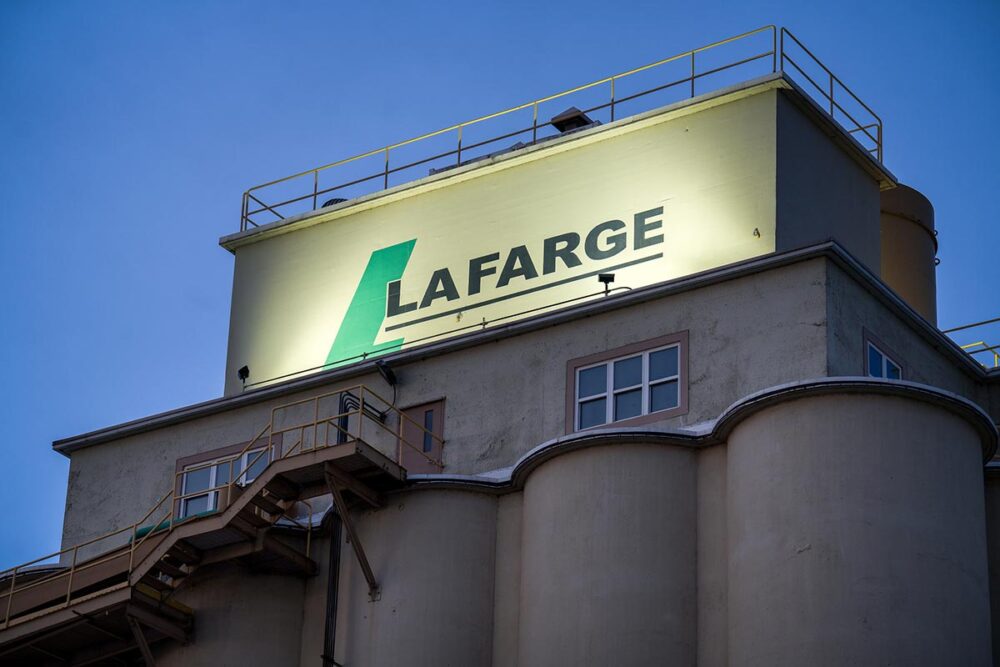To listen to the podcast, click on the "play" button below:
French cement company Lafarge has lost its most recent appeal in France’s highest court, meaning an investigation into its alleged complicity in crimes against humanity in Syria can continue.
The company has admitted to paying the armed militant groups Islamic State and al Nusra front around $5 million to keep its factory running in Syria after war broke out in 2011.
In 2022 they reached an agreement with the United States Department of Justice, paying them $777 million and accepting responsibility for paying the armed groups in order to keep their facilities running. But in France, Lafarge has rejected charges of complicity in crimes against humanity. Crimes that were carried out by the very same Islamist groups.
Lafarge was also successful in one part of their appeal, with the court dropping charges of endangering the lives of its local staff in Syria.
It’s a ruling that puzzles Cannelle Lavite, Co-Director Business and Human Rights Program at the European Center for Constitutional and Human Rights. This week Cannelle talks us through the case and details the French court’s ruling. What it means for Lafarge but also for its employees in Syria.
We also sit down with friend of the pod Tara Van Ho, Senior Lecturer at the University of Essex, School of Law and Human Rights Centre. Tara gives us an overview of how corporations, such as Lafarge and Lundin are now starting to be held accountable for their role in conflicts overseas and what more needs to be done.
 ASYMMETRICAL HAIRCUTS
ASYMMETRICAL HAIRCUTS
This podcast has been published as part of a partnership between JusticeInfo.net and Asymmetrical Haircuts, a podcast on international justice produced from The Hague by journalists Janet Anderson and Stephanie van den Berg, who retain full control and independence over the contents of the podcast.







